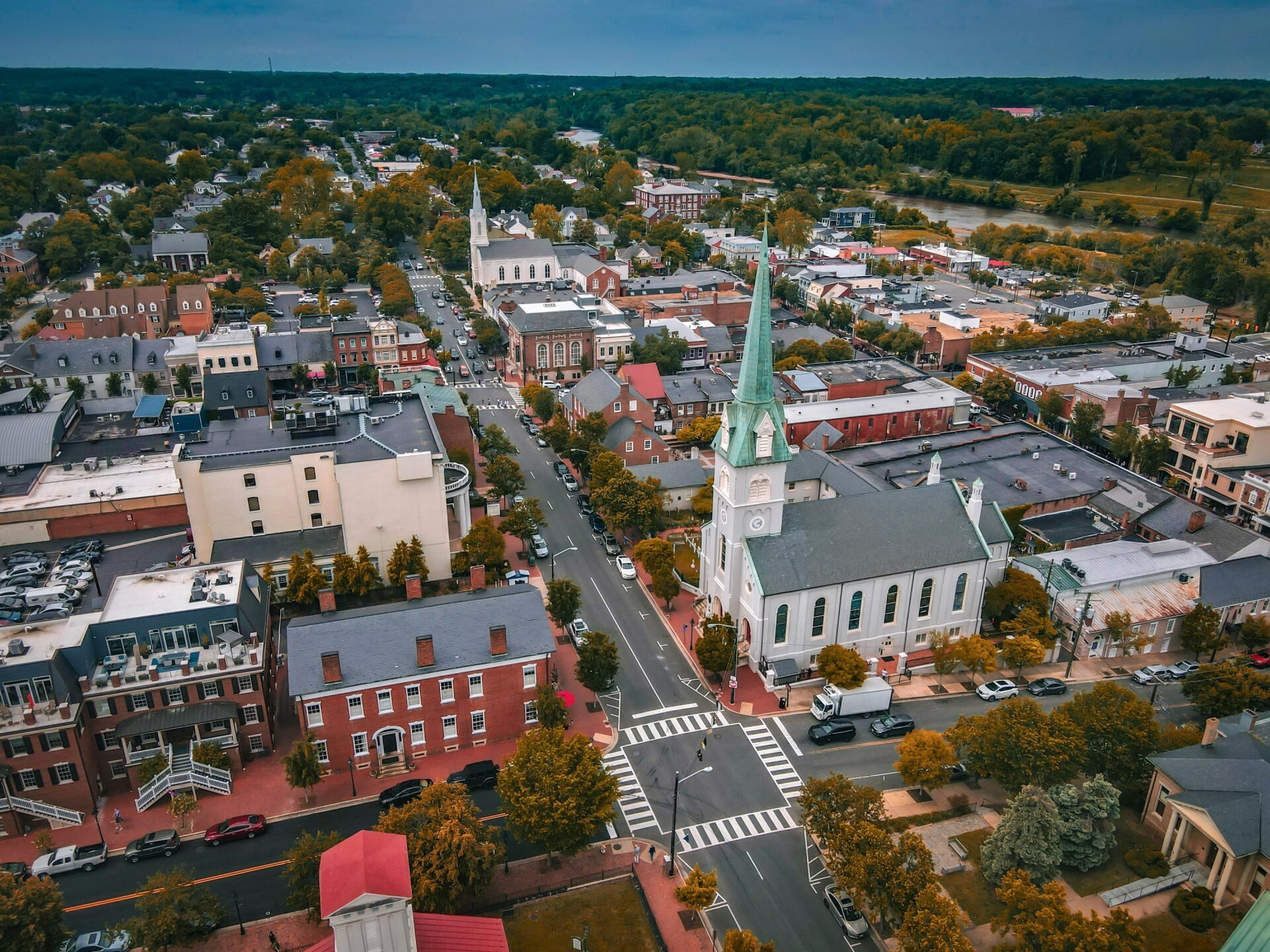
How faith leaders can reclaim their civic role
April 17, 2024
Not too long ago, I spent a week in rural Ohio leading a series of roundtables with various groups of community leaders. It was part of an initiative we’re undertaking there in partnership with the local United Way to build the community’s civic culture and take action on issues that matter to people.
The area is over 90% white and largely rural. Its congressman, Jim Jordan, is a founder of the right-wing House Freedom Caucus. The area represents part of the rich mosaic of the country.
While there, I led a faith leader roundtable with a variety of denominations, their different beliefs and doctrines bubbling to the surface during our time together. For nearly two hours, we discussed what they were wrestling with in terms of how the community might address its current challenges and move forward around a sense of shared purpose.
After the discussion, one faith leader pulled me aside. He told me he had just become the lead pastor of the largest evangelical church in town. He knew some parts of the community — even some of the other faith leaders in our discussion that day — were wary of his congregation.
We traded pleasantries for a bit before he got to what I could tell he really came over to say. “You’re asking us to put our doctrinal differences aside and come together for a civic purpose,” he said. “Yes,” I responded. “I can do that,” he said.
Today in America, our fault lines seem to increasingly intersect with, and are even at times driven by, faith leaders and differences over beliefs. Rather than building the community up, some faith leaders have been intent on sowing division and tearing things down.
A couple of months back I read Tim Alberta’s engrossing book, The Kingdom, the Power, and the Glory: American Evangelicals in an Age of Extremism. The book is both unsparing and hopeful in documenting how evangelical churches are at once a source of division while simultaneously in many places trying to be the very counterforce to that division.
Amid debates about Christian nationalism, the role of religion in politics, and other religiously charged issues, there is a path forward. A way for faith leaders of all beliefs and doctrines to productively engage in community life beyond their church walls.
In my experience working in communities across this country, I’ve certainly run into faith leaders who do little more than seek to divide and stoke fear. Yet, I also have found that under the right conditions, most want to take a different civic path forward, but just don’t know how.
Amid debates about Christian nationalism, the role of religion in politics, and other religiously charged issues, there is a path forward. A way for faith leaders of all beliefs and doctrines to productively engage in community life beyond their church walls.
This requires a fundamentally different mode of engagement. We must not ask each other to give up our identities to engage in civic life. My faith is core to who I am. I know I would bristle at the notion that I need to somehow give it up when doing community work.
Instead, here’s what I think we can ask of each other. Are we willing to lift our heads and transcend the individual parts of our identity to contribute to the health of our community and work toward a shared purpose together?
When I pose that question to faith leaders — just like I did during that roundtable in Ohio — the answer I get is resoundingly positive.
So many faith leaders are ready — even eager — to lift up their heads. To contribute to the community. To make a difference that resonates beyond the walls of their church.
The truth is, we need spirituality in public life. In fact, I have learned that the nexus point between who we are as individuals, who we are spiritually, and who we are as civic actors is a powerful one.
We need faith leaders to step forward in a new way — a civic way.
Richard C. Harwood is president and founder of The Harwood Institute for Public Innovation, a nonpartisan, non-profit organization located in Bethesda, Maryland. He is the author of the bestselling book, Stepping Forward: A Positive, Practical Path to Transform Our Communities and Our Lives.
The views expressed are those of the author and not necessarily those of American Baptist Home Mission Societies.


